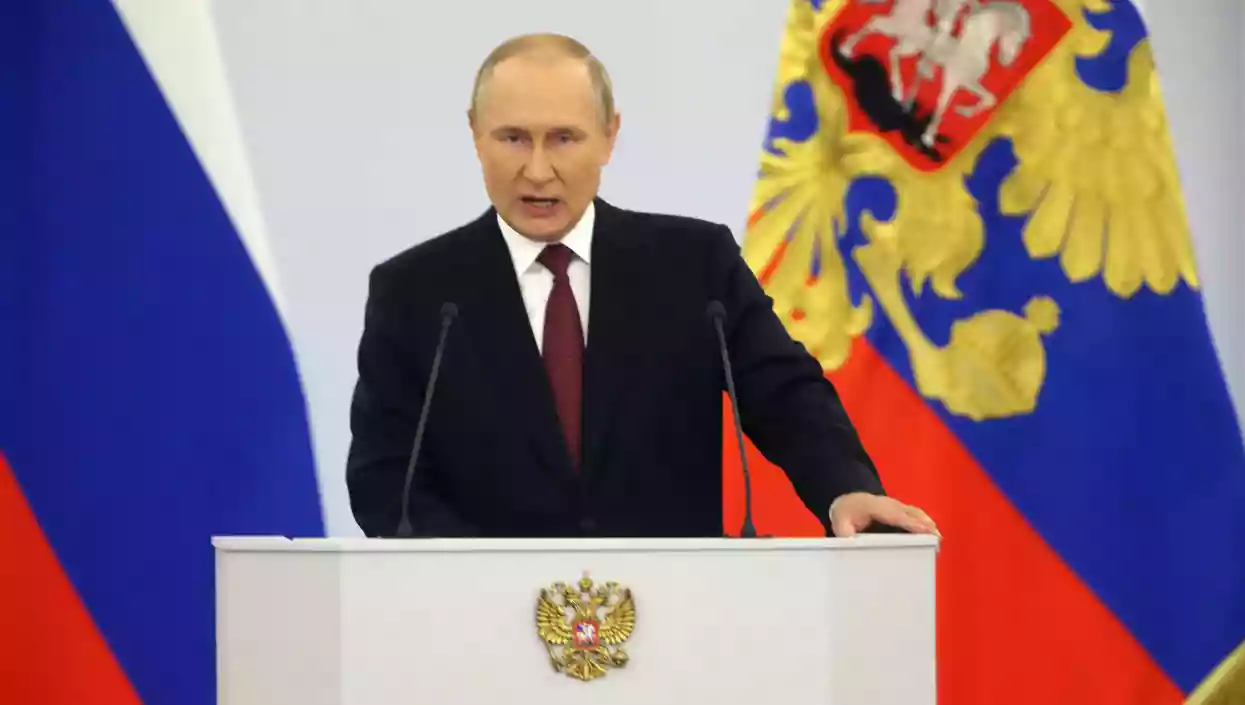.gif)
.gif)

Russian President Vladimir Putin has formally lowered the threshold for using nuclear weapons, a move seen as a direct response to U.S. President Joe Biden's decision to allow Ukraine to use longer-range American missiles against targets inside Russia. This marks a significant shift in Moscow’s nuclear doctrine as the war in Ukraine passes 1,000 days.
The revised doctrine now permits a nuclear response even to conventional attacks against Russia if supported by a nuclear-capable nation. The change was published as tensions escalated following reports that Ukraine launched U.S.-made ATACMS missiles at a military site in Russia’s Bryansk region, bordering Ukraine. Moscow claims five missiles were intercepted, with another partially damaged.
The Kremlin justified the update as a necessary measure to adapt to current geopolitical realities. Kremlin spokesman Dmitry Peskov confirmed that a conventional attack threatening Russia’s "sovereignty and territorial integrity" could invoke a nuclear response under the new guidelines. He denied the timing was linked directly to Biden’s decision, stating the revision process began earlier this year under Putin’s directive.
The updated doctrine notably broadens the circumstances for nuclear use. It defines a joint attack on Russia by any nation supported by a nuclear power as grounds for retaliation. It also includes responses to massive aerial assaults involving drones, ballistic and cruise missiles. While leaving exact conditions ambiguous, it emphasizes the unpredictability of the timing and scope of a nuclear strike.
The move has drawn sharp criticism internationally. British Prime Minister Keir Starmer condemned the revision as an “irresponsible escalation” by Russia, urging Putin to end the ongoing conflict. Western nations have reiterated calls for diplomatic solutions, highlighting Russia’s increasingly aggressive stance as a key obstacle to peace in the region.
This revision follows mounting pressure from Russian hardliners, who have argued that the previous doctrine failed to deter NATO from increasing military aid to Ukraine. President Alexander Lukashenko of Belarus, a staunch Putin ally, has also supported the deployment of Russian tactical nuclear weapons within his country, adding further complexity to the regional security landscape.
As the war grinds on, Moscow’s frequent nuclear threats highlight the growing risk of miscalculation amid escalating tensions with the West.